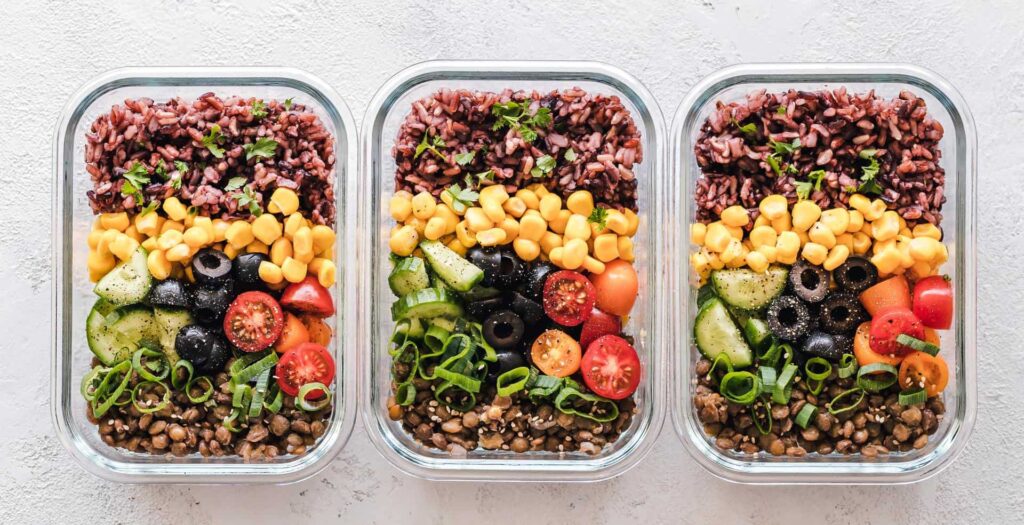Autumn fatigue and how to prevent it
23. September, 2020

Lifestyle
The decrease of daylight in the autumn and winter months influences the body’s sleep-wake cycle. Light impacts the secretion of melatonin from the pineal gland, which regulates the sleep-wake cycle also known as the circadian rhythm. A decrease in light exposure causes an increase in melatonin production, which results in a feeling of sluggishness or being tired.
What role does a healthy diet play in preventing fatigue?
If you want to stay energetic and healthy in fall and winter, it’s important to adjust your diet. Focus on vitamin and mineral-rich meals that strengthen your immune system. Not eating enough, or eating foods that are not nutritious can cause fatigue.
If you eat foods that cause spikes in your blood sugar, as soon as those sugars drop, you also feel tired. Rapid changes in blood sugar levels are another possible cause of fatigue. Fiber is useful for preventing blood sugar spikes around meal times. Also eating healthy fats and protein with carbohydrates helps to keep blood sugar level stable.
Are there any foods that tend to make more tired?
Heavily processed foods typically have fewer nutrients than their whole food counterparts. Also foods that contain a lot of sugar can increase your energy level temporarily, but the crash afterward can compound your tiredness.
Most people take caffeine to help them perk up. In moderation, caffeine does improve alertness and energy – however, too much caffeine can cause jitteriness, increased heart rate or palpitations, high blood pressure, anxiety, and insomnia. In addition, after caffeine wears off, users can ‘crash’ and feel fatigued.
Is meal planning important during periods of fatigue? Why?
Research shows breakfast improves alertness and concentration, helps shed pounds by preventing overeating during the day, and prevents obesity, diabetes, and heart disease. Healthy eating shouldn’t stop with the morning meal. A well-balanced diet throughout the day is an essential source of sustained energy. Eat smaller portions in every 3 hours to keep your energy level stable.
Eat a balanced diet, complete with fruits, vegetables, whole grains, healthy fats and protein. Avoid or limit junk foods high in sugar and refined fat. In this case food prepping is also a suitable method for ensuring that you get all the energy you need from food.
What foods and superfoods help me overcome fatigue?
Water – While drinking more water isn’t a cure for fatigue, it’s still important. Dehydration is known to make fatigue worse. Staying hydrated is important for improving or maintaining health.
Veggies – Fill up on nonstarchy veggies. Try to include vegetables of all colors throughout the day to get their unique nutrients and benefits.
Bananas – These are a good source of potassium, fiber, and carbohydrates. This combination provides a long lasting source of energy.
Cocoa – The antioxidants in cocoa have been shown to have many health benefits, such as increasing blood flow throughout your body. This effect aids the delivery of oxygen to the brain and muscles, which improves their function. Additionally, the increase in blood flow produced by antioxidants in cocoa could help reduce mental fatigue and improve mood. Cocoa also contains stimulatory compounds, such as theobromine and caffeine, which have been shown to enhance mental energy and mood.
Yerba mate – This is a drink made from the dried leaves of a plant native to South America, containing a lot of antioxidants. The caffeine in yerba maté promotes the production of the hormone epinephrine, which increases energy. However, unlike other stimulants, yerba maté does not seem to affect blood pressure or heart rate.
Goji berries – These have been used in Chinese medicine for centuries due to their multiple benefits. Besides being packed with antioxidants, vitamins, and minerals, this fruit is known to be a good source of fiber, which could help slow digestion and release energy slowly. Goji berries are easy to enjoy mixed in yogurt and smoothies or simply eaten raw.

